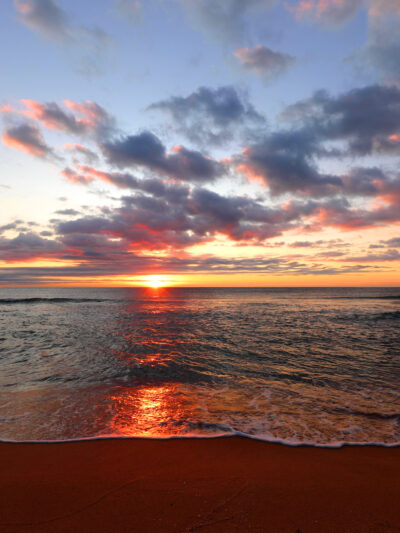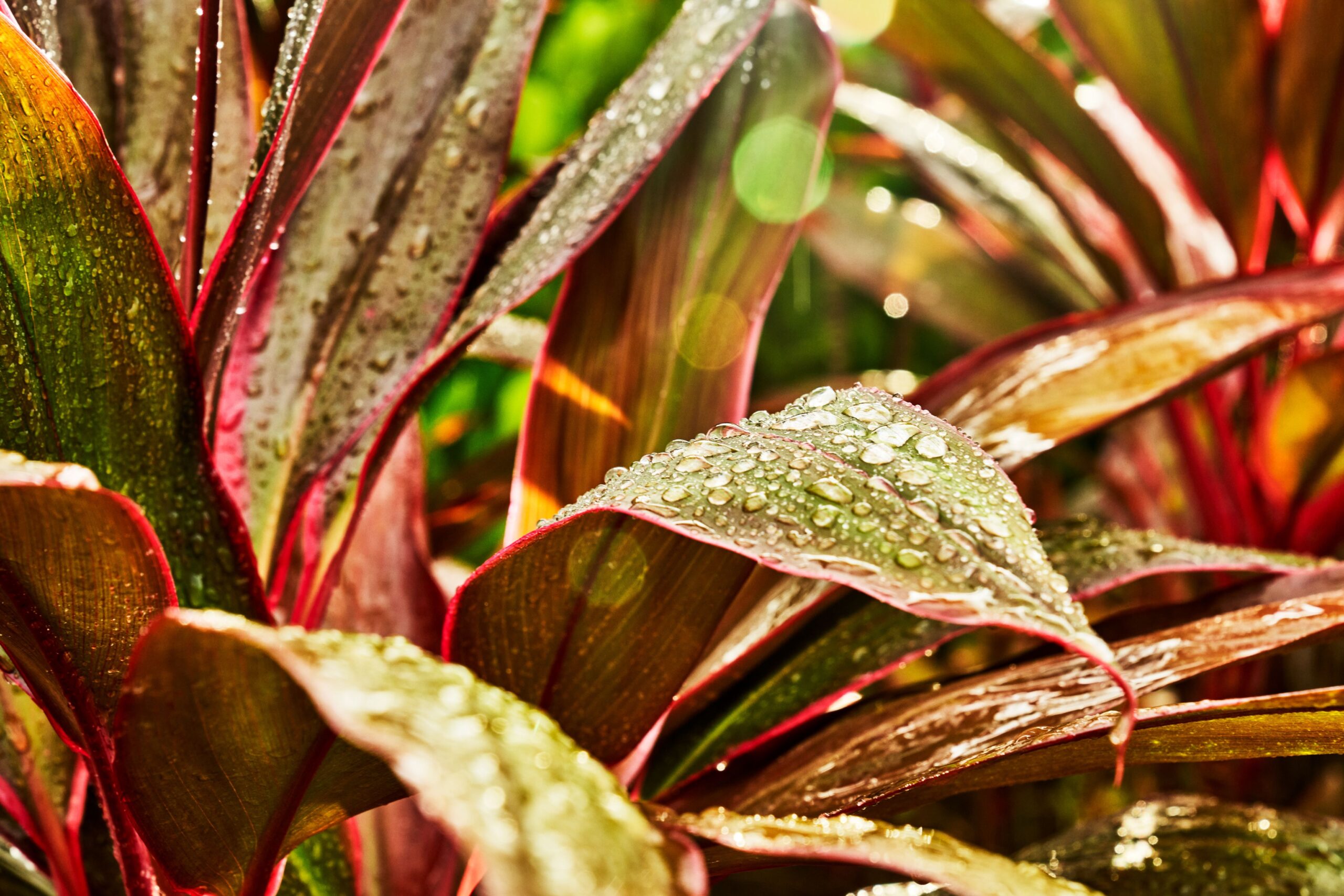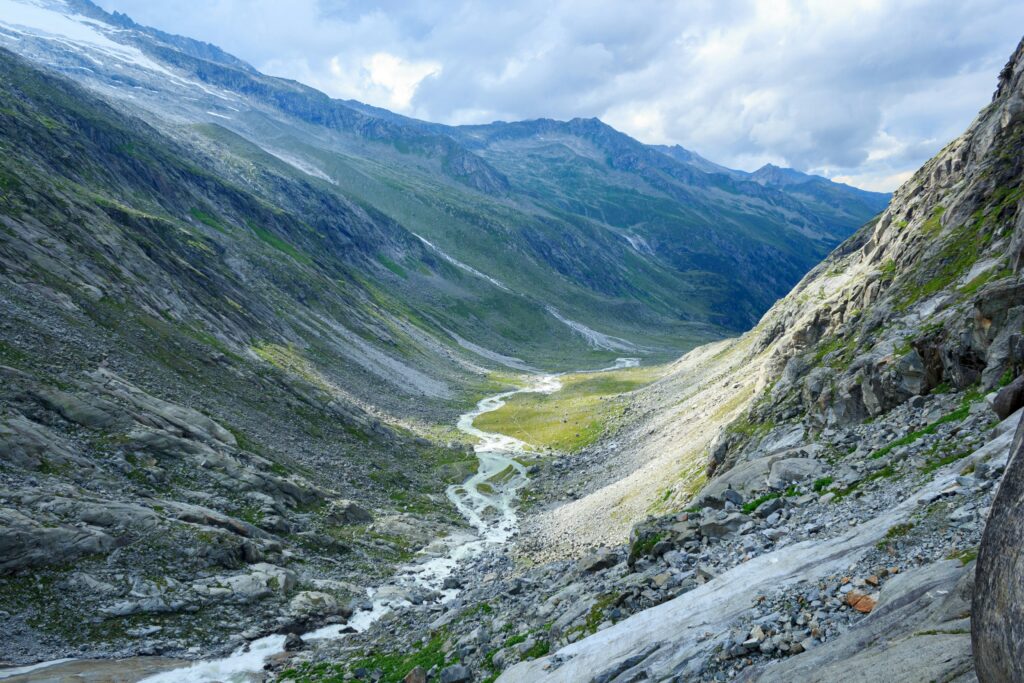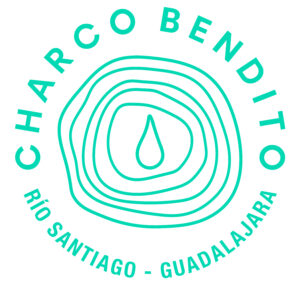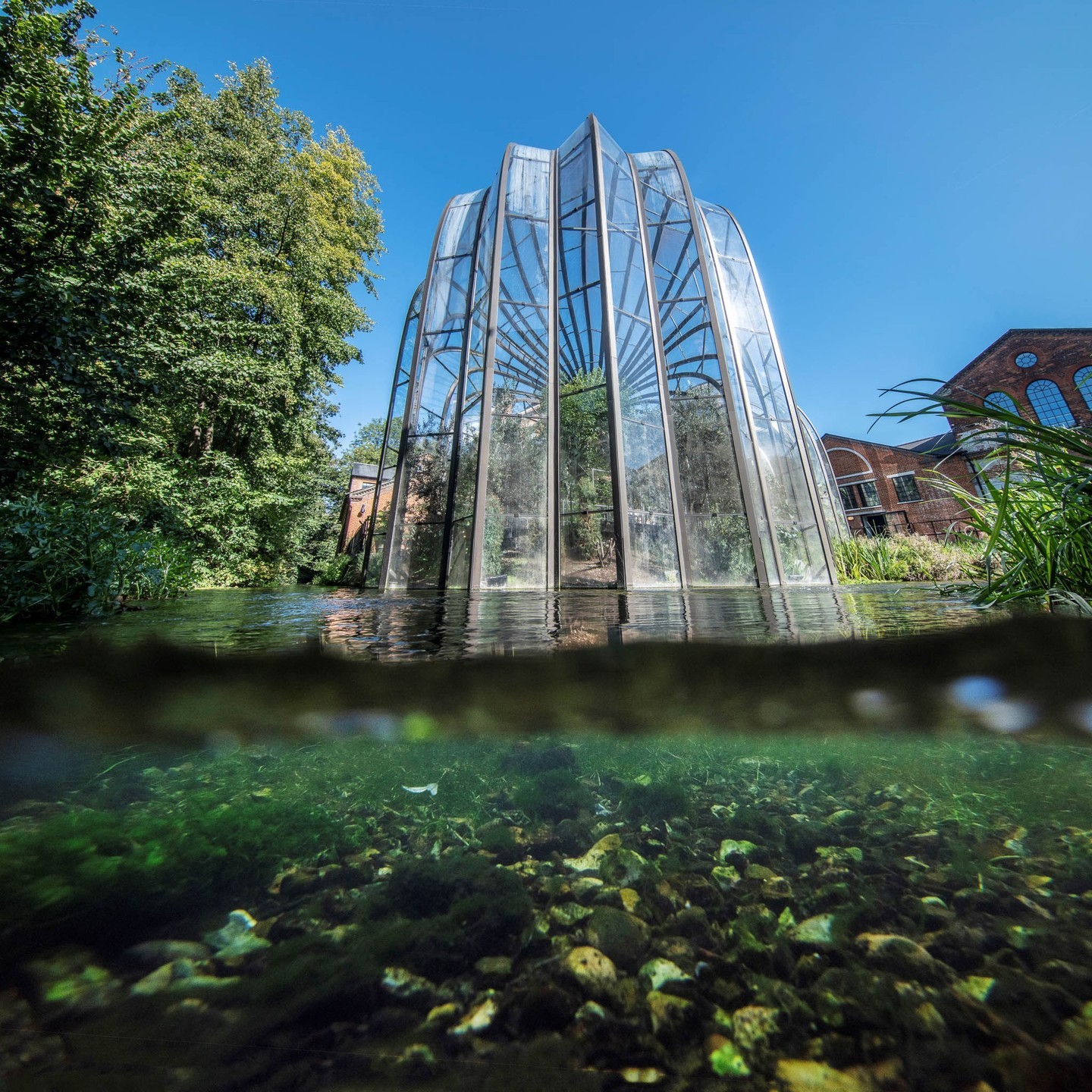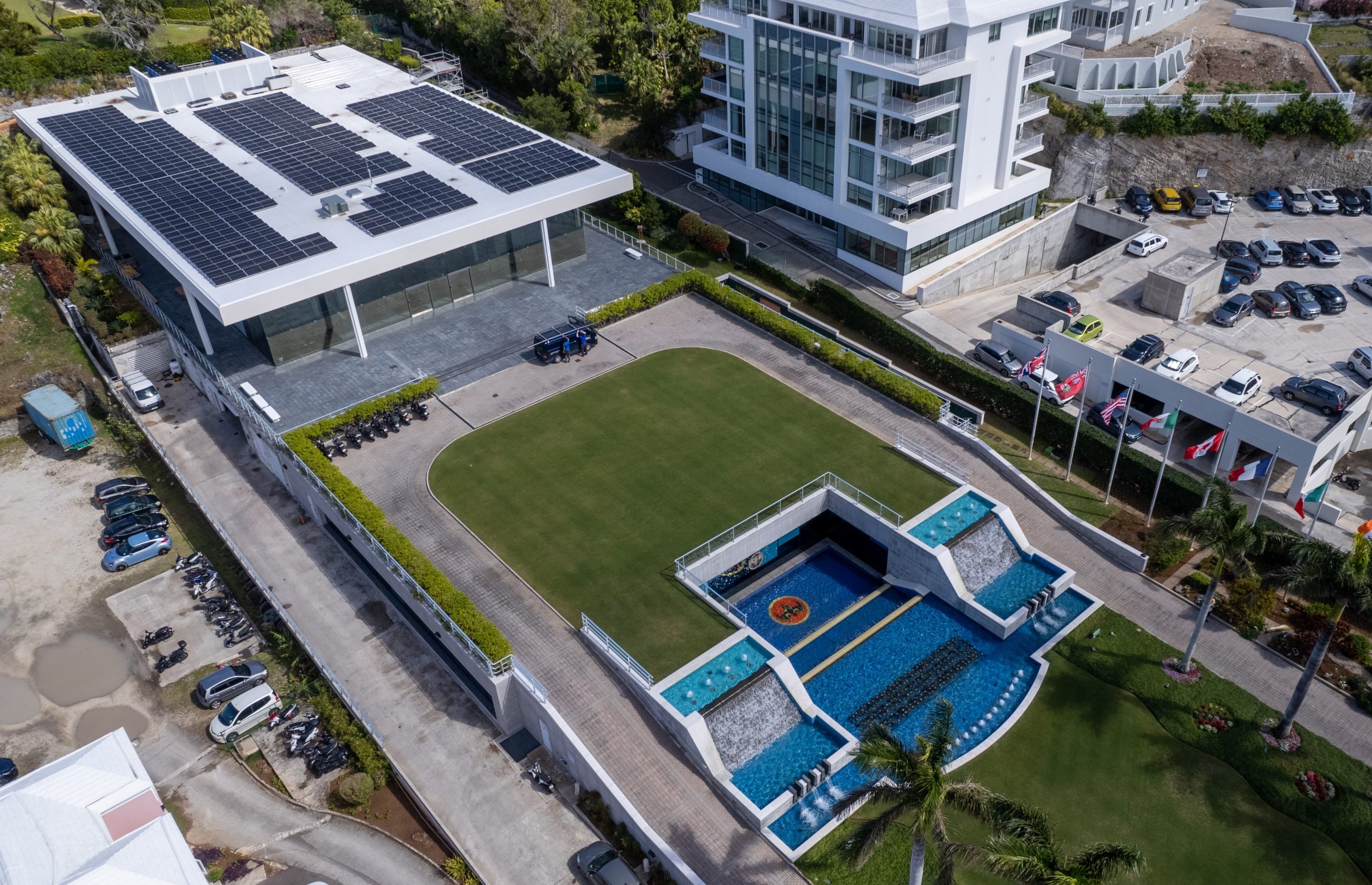Hydrogen Spirits Bottle
While we work toward our goal of being water positive by 2030, we’re also identifying innovative ways to use the H in H2O to reduce greenhouse gas emissions. In FY24, Bacardi partnered with premium Slovenian glassmaker Hrastnik1860 to trial the production of 150,000 70cl ST-GERMAIN® glass bottles through a hydrogen-fueled furnace—the world’s first commercial production of a glass spirits bottle fueled by hydrogen. By using a fuel composed of at least 60% hydrogen, we were able to reduce the total carbon footprint of production, compared to production powered by traditional fossil fuels.


